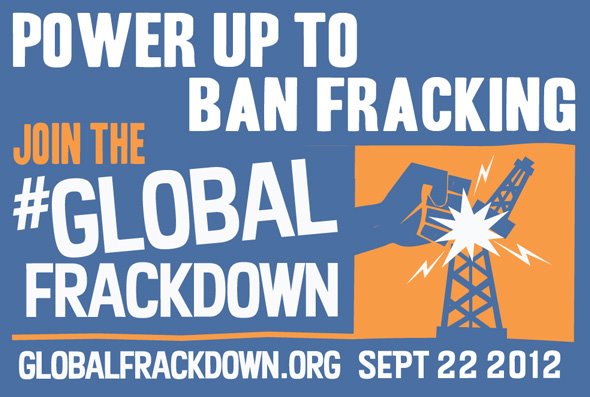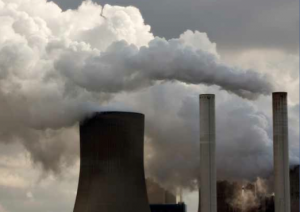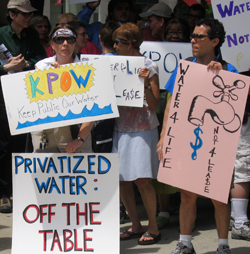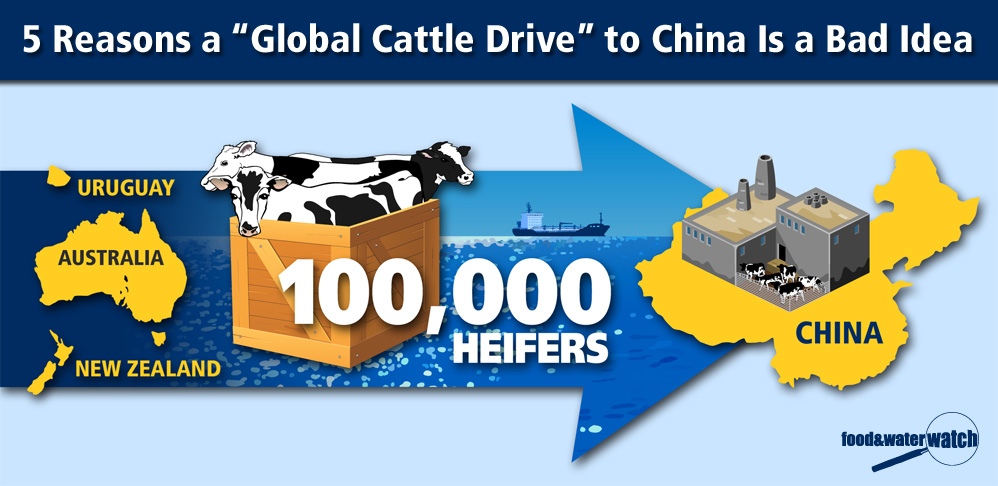By Mark Schlosberg
 On September 22, people across the world will be coming together for a day of action — a Global Frackdown — to call for a ban on fracking to protect our communities. Will you join us?
On September 22, people across the world will be coming together for a day of action — a Global Frackdown — to call for a ban on fracking to protect our communities. Will you join us?
Drilling and fracking for natural gas and oil poses a direct and immediate threat to our drinking water, air, health and communities. Over the past couple of years as our movement has grown, the oil and gas industry has been ramping up its massive multi-million dollar PR campaign to convince the public and elected officials that its dirty energy is clean. Its time to fight back with a Global Frackdown!
As a movement to ban fracking, we have collectively achieved a tremendous amount. Working together just in the past year, we have: passed over 200 local measures across the United States to ban fracking, stopped fracking in Bulgaria, France and the state of Vermont, pushed for moratoriums in multiple regions in Europe, obtained a moratorium on fracking in South Africa, defeated state legislation that would have expanded fracking (like stopping plans to open the Delaware River Basin to fracking) and worked to stop pipelines and facilities to export fracked gas from coast to coast.
This fall, the oil and gas industry will be escalating its pro-fracking propaganda even further and our elected officials — some of whom are running scared — need to hear the truth in a powerful way from their constituents. It’s time to expose the oil and gas industry’s propaganda for what it is. It’s time to hold our elected officials accountable. It’s time for a Global Frackdown!
Communities are already coming together to organize actions as part of the Global Frackdown. From New Mexico to North Carolina and California to New York, events are being organized across the United States. In Europe, actions are already being planned in France, the United Kingdom, Spain, Sweden and Belgium. They’ll include flash mobs, rallies, human signs calling for a ban on fracking and screenings of Gasland. In the coming weeks, these events will be put on a map at www.globalfrackdown.org, but in the meantime, you can go here to sign up an event in your community.
The Global Frackdown is supported by Food & Water Watch, Environment America, Democracy for America, 350.org, Friends of the Earth US, Friends of the Earth Europe, Greenpeace USA, Global Exchange, Ecologistas en Acción, Council of Canadians, Josh Fox (whose film Gasland has fueled the movement), and a host of other organizations across the world. Organizations large and small can add their name to the growing list of partners here.
Building on the powerful Stop the Frack Attack action in Washington, D.C. last weekend, three major events are happening in the U.S. over the next two months. From August 25-27, people will gather in New York to urge Governor Andrew Cuomo to not allow fracking in New York. On September 20 and 21, our friends at Protecting our Waters are organizing Shale Gas Outrage to protest a major industry conference in Philadelphia. And the Global Frackdown will follow on September 22.
Our opponents get their power from their deep financial resources and their ability to divide us. We have the power of our voices, our communities and our collective action. The next couple of months promise to be a powerful, unifying and exciting time for our movement against fracking. Add your voice to this effort and Get Down with the Frackdown — take action to ban fracking on September 22.





 By
By 